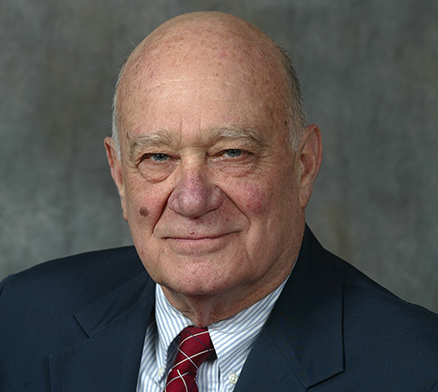“Bardo” is my word of the year for 2017. It also is a stage setting term for every New Year.
One could find a number of choices for word of the year.
My second favorite was “youthquake,” selected by the Oxford English Dictionary – a noun, defined as “a significant cultural, political or social change arising from the actions or influence of young people.”
Because demographics are destiny I will be exploring “youthquakes” around the world in coming months.
However, “Bardo” had a huge impact on my 2017 thinking, and it might prompt some cogitation on your part.
I freely confess that I had never heard the term until I decided to read George Saunders’ “Lincoln in the Bardo.”
I figured I’d learn about “bardo” as I proceeded in what was billed as an experimental novel.
As usual with films and theater, as well as books, I avoid reading reviews until I’ve had a first-hand, direct experience of my own. I was drawn to Saunders book because I have been teaching and writing about Lincoln for decades.
I also knew that this was somehow an unconventional novel that was built around the death of Lincoln’s 11-year old son, and what happened at his cemetery.
The book turned out to be one of the most unusual and surrealistic volumes I have ever read.
At a few points I was not sure I wanted to continue, but the lure of Lincoln revelations as well as the strangeness of the characters drew me deeper into the stories.
When I finished the book, I learned that several friends found it so bizarre that they put it down after 20 or 30 pages. I was especially glad I read it when I later saw that it was given England’s top publication award of 2017: the Man Booker Prize (one of the few times it has been won by an American).
Subsequently, when I read reviews, I found that the book was described as sort of a ghost story, “a little sci-fi-ish.” Those later perspectives came after my curiosity drove me to google “Bardo” while I was early in the reading.
A major depiction of “bardo” is that it is a Tibetan term for “the intermediate state or gap we experience between death and our next rebirth.”
In Saunders’ book there are a range of fascinating characters, many whose consciousness is not connected to their bodies. Often they are free floating in space, some of them capable of spiritual insights, others having terrifying hallucinations as they ponder their life experiences to this point of their death (indeed, some of Saunders’ characters are not yet aware they are dead!).
I recommend the book. It is worth the provocative journey for many reasons, including the brief, but insightful, perspectives about Lincoln.
The idea of a “bardo” was intensified for me when I went to Cherry Lane Theater in Greenwich Village to see the play “Discord: The Gospel According to Thomas Jefferson, Charles Dickens and Count Leo Tolstoy.”
This stage setting is not a spoiler if you get a chance to see the play.
One by one, these three extraordinary men enter a gray room, with a single table and two chairs. Each of them, in turn, looks around and goes back to the single door and discovers he can’t get out because it is locked.
Soon, all three of them recognize they are in a locked room, that they lived in different eras, and they realize they are no longer alive. Then, they have “bardo” experiences, pondering what they had done, the meaning of their values and actions, and what might be in store for them [How do their lives relate to each other? Do their philosophies or religions suggest any rebirth?]
When “Discord” ended, I had a chance to speak with its author Scott Carter, and he said he had done his writing without being aware that Saunders more explicitly had used the “bardo” concept.
Regardless of your own religious or spiritual views, both of these artistic ventures highlight the significance of taking stock of where you have been, what you have done, and how your views and actions have affected others.
Such personal reflections are usually particularly encouraged at the start of a New Year; they can provide a virtual “Bardo” experience.
As Socrates advised: “The unexamined life is not worth living.”



